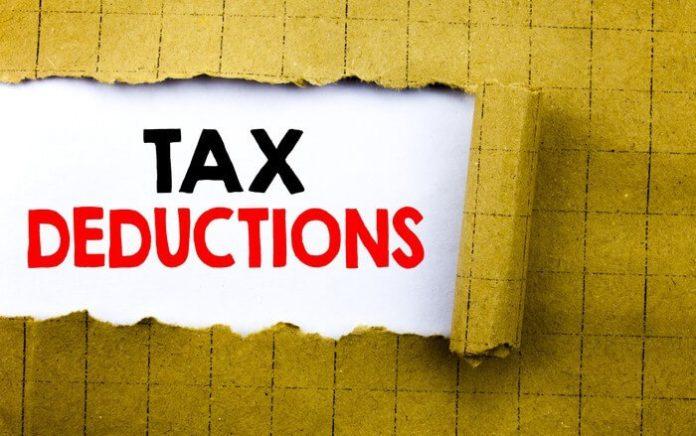Understanding tax deductions is essential for individuals and businesses in Australia to optimize their tax returns and minimize their tax liabilities. By taking advantage of the various deductions available and complying with eligibility criteria, taxpayers can maximize their tax benefits. This practical guide aims to demystify tax deductions in Australia, providing individuals and businesses with actionable information to make informed decisions.
For Individuals:
- Work-Related Expenses: One of the most common types of deductions for individuals is work-related expenses. These deductions cover expenses incurred in the course of employment that are directly related to their jobs. Examples include uniforms, tools, equipment, professional memberships, and work-related travel. It is crucial to keep accurate records, such as receipts and invoices, to substantiate these claims.
- Self-Education Expenses: Individuals may claim deductions for self-education expenses if the education is directly related to their current employment or is likely to result in increased income. Eligible expenses may include course fees, textbooks, stationery, and travel expenses. However, deductions are generally not allowed for expenses that relate to a course of study that enables a new employment or business opportunity.
- Donations and Gifts: Donations made to registered charities can be tax-deductible. Individuals who donate $2 or more can claim a deduction for their contributions. It is important to ensure that donations are made to eligible charities, and proper records, such as receipts or donation certificates, are kept as evidence.
- Rental Property Expenses: Individuals who own investment properties can claim deductions for expenses related to the property’s maintenance, repairs, and management. Eligible expenses include interest on loans, council rates, insurance, repairs, and maintenance costs. It is crucial to accurately apportion expenses between private use and rental use, and to keep detailed records of all rental property-related expenses.
- Medical Expenses: While the tax offset for net medical expenses is being phased out, individuals may still be eligible to claim deductions for medical expenses that exceed a certain threshold. It is important to check the specific requirements and limitations, as well as keeping proper records and receipts for medical expenses.
For Businesses:
- Business Expenses: Business expenses incurred in the normal course of operating a business are generally deductible. These expenses include rent, utilities, salaries, advertising, professional fees, and other costs directly related to running the business. It is crucial to maintain accurate records and receipts to substantiate these deductions.
- Depreciation: Businesses can claim deductions for the decline in value (depreciation) of assets used in their operations. This includes machinery, vehicles, office equipment, and other capital assets. Depreciation deductions are calculated based on the asset’s cost, effective life, and usage. Understanding the depreciation rules and keeping proper records of asset purchases is crucial for accurate deductions.
- Bad Debts: Businesses that are unable to recover outstanding debts may be eligible to claim deductions for bad debts. However, certain conditions must be met, such as taking reasonable steps to recover the debt and writing it off as bad before claiming the deduction. Maintaining proper records and evidence of attempts to recover the debt is essential for claiming this deduction.
- Start-up Costs: Business start-up costs, such as market research, legal expenses, and professional fees, can be claimed as deductions over a period of time. These costs are generally deductible over five years, commencing from the date the business starts. It is important to adhere to the ATO’s guidelines for claiming start-up deductions and keeping records of all start-up expenses.
- Home Office Expenses: For businesses operated from home, individuals can claim deductions for expenses related to their home office. These may include a portion of utility bills, internet expenses, home insurance, and depreciation on office equipment. Accurately calculating the proportion of expenses related to the home office and keeping records is vital for claiming these deductions.
Understanding tax deductions is crucial for individuals and businesses in Australia to optimize their tax positions and minimize their tax liabilities. This practical guide provides an overview of common deductions available for individuals and businesses. However, it is important to consult with a qualified tax professional or refer to the official Australian Taxation Office (ATO) guidelines for specific eligibility criteria, limitations, and documentation requirements. By maximizing tax deductions within the legal framework, individuals and businesses can effectively manage their tax obligations and unlock financial benefits.
Searching for reliable income tax preparation services in Melbourne? Look no further! Our team of tax professionals is ready to assist you with all your tax needs. From filing your returns to answering your tax-related queries, we’ve got you covered. Trust us to take care of your taxes while you enjoy peace of mind.
